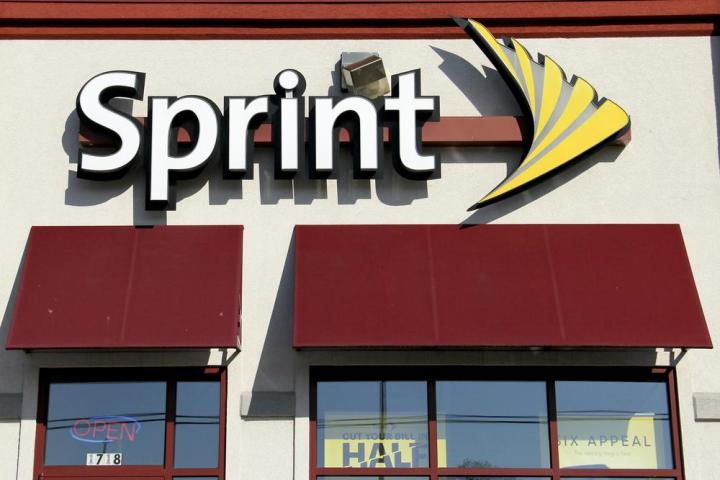
The decision to remove contracts also removes the perceived benefit of the subsidized phone, so the unrealistically cheap price tags for devices will be eliminated as well. Sprint said by the end of 2015, none of its customers will be locked in to the deals that gave handsets their deflated price point.
Updated on 01-09-16 by Robert Nazarian: Added in that Sprint officially ended two-year contracts on January 8, 2016.
Sprint made the death of the two-year contract official on January 8, 2016. The company provided us with the following statement:
“Beginning Jan. 8, Sprint is no longer offering a subsidized purchase option on handsets for new customers. Sprint continues to offer customers choices to obtain their new handset through Sprint Lease — the most economical way to obtain the latest wireless phone — and Sprint Easy Pay (installment billing).”
Since this initial statement only referred to new customers with no mention of existing customers, we reached out again for further clarification:
“Base customers can continue with a two-year contract on a reactive basis, but we encourage them to choose Sprint Lease or Sprint Easy Pay because it offers them the best value in obtaining a new device and rate plan.”
This means that most customers using Sprint’s service will now pay full price up front for phones or lease the device, paying for it month-by-month over the course of two years, which is the trick that the monthly plans tend to pull to make the phone more affordable, while still having some sort of long-term commitment even without the contract.
Removing the two-year restriction does provide for additional flexibility when upgrading devices. Anyone who wants the latest and greatest will be able to make the switch without the hassle, because they are not stuck with a plan that makes them miss a generation of new devices.
The change makes Sprint the final of the four major U.S. carriers to make the switch to monthly plans in favor of two-year deals. T-Mobile was the first to do so, followed by Verizon Wireless last summer, and AT&T last week.
Sprint has been on a tear in recent weeks with it’s 50 percent promotion in which AT&T, T-Mobile, and Verizon customers can switch to Sprint and save 50 percent off of what they were paying with their current carrier. The deal launched last November, and it was extended through February 11 because it has been a huge success.
Editors' Recommendations
- This one thing could make iOS 18 the best iPhone update in years
- The 9 best cell phone plans for 2024
- I compared two of the year’s best phones in an extreme camera test
- These two Android foldables cost less than one Galaxy Z Fold 5
- What I love (and hate) about my iPhone 14 Pro after one year


